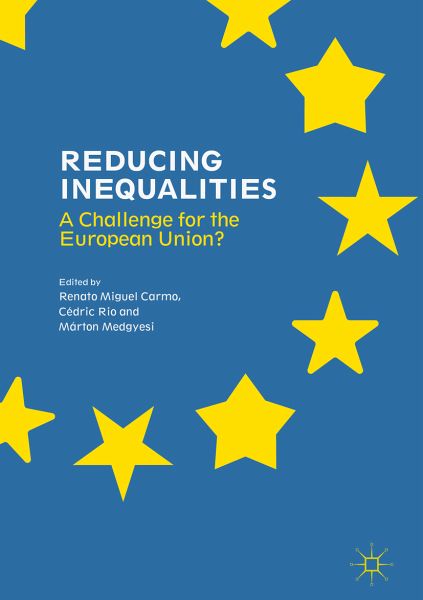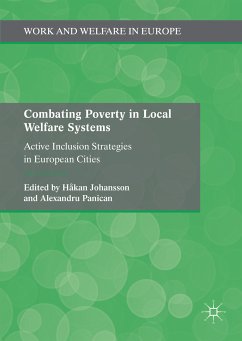
Reducing Inequalities (eBook, PDF)
A Challenge for the European Union?
Redaktion: Carmo, Renato Miguel; Medgyesi, Márton; Rio, Cédric
Versandkostenfrei!
Sofort per Download lieferbar
68,95 €
inkl. MwSt.
Weitere Ausgaben:

PAYBACK Punkte
34 °P sammeln!
Presents contributions from internationally recognised specialists of socioeconomic inequalities and European process from distinct scientific disciplines and different European countries
Critically discusses the public policies affecting vulnerable populations and regional discrepancies in the European Union
Questions the legitimacy of the social role of the European Union
Dieser Download kann aus rechtlichen Gründen nur mit Rechnungsadresse in A, B, BG, CY, CZ, D, DK, EW, E, FIN, F, GR, HR, H, IRL, I, LT, L, LR, M, NL, PL, P, R, S, SLO, SK ausgeliefert werden.












